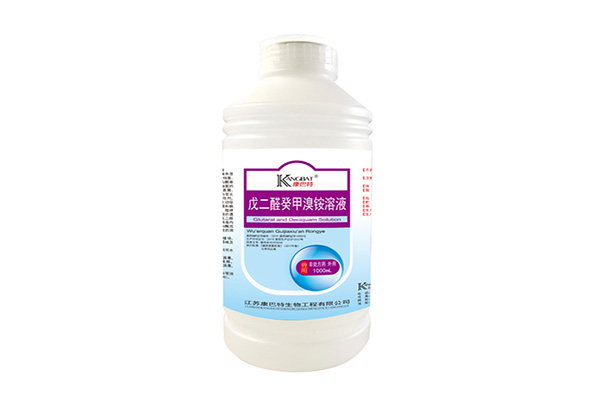What are the types of disinfection in farms? Don't worry, today, the disinfection manufacturer of the farm will introduce to you.

1. Prevent disinfection. It is the disinfection carried out to prevent the occurrence of diseases. That is, when there is no infectious disease, the feeding management method is integrated, and the livestock (poultry) houses, places, utensils and drinking water are cleaned (washed) and disinfected on time.
Regulations: Carry out at least two major cleanings and major disinfection of the surrounding environment every month; daily cleaning of pens and safe passages, and disinfection twice a week; disinfection of animal (poultry) epidermis once a week with sprayers; utensils and feed tanks It should be cleaned every day. In summer, it should be disinfected once a day. Castration, injection, delivery, surgical treatment, etc., to prevent infection, should be completely disinfected in advance; outside vehicles and staff entering the field and animal keepers entering the pen must Carry out disinfection. Its purpose is to prevent the occurrence and spread of diseases.
2. Temporary disinfection. When infectious diseases occur, the disinfection used in order to better directly treat the microorganisms that have just been discharged from the pathogen is called temporary disinfection. The target of the disinfectant is sheds, protective places, the necessary objects and feces of sick animals (poultry), and all sites, utensils and objects that are likely to be polluted by the environment. This kind of disinfection is repeated many times and completely, especially the sick animal (poultry) house must be disinfected more than twice a day.
3. Terminal disinfection. After the diseased animals (poultry) move, heal, and die to remove the ban (protection), or before the ban is eliminated in the plague area, the comprehensive disinfection carried out to completely solve the likely residual microorganisms in the plague area is called final disinfection. This type of disinfection is comprehensive and complete to prevent the onset of infectious diseases.